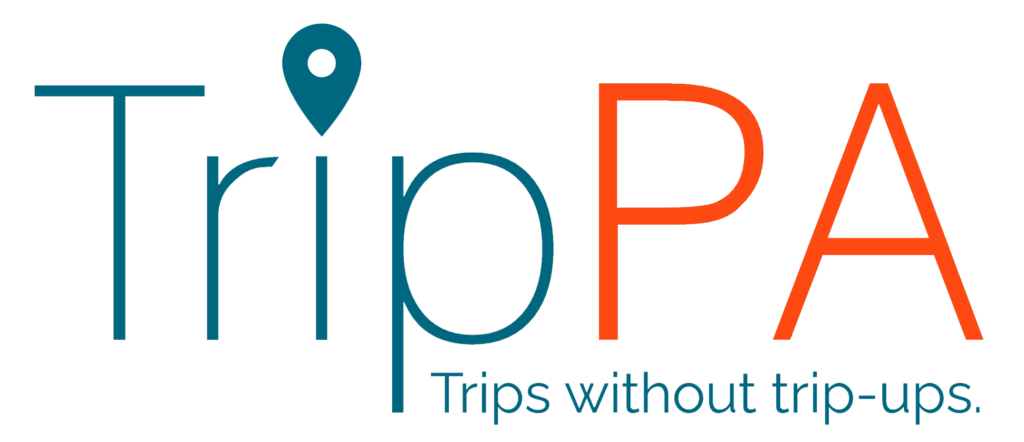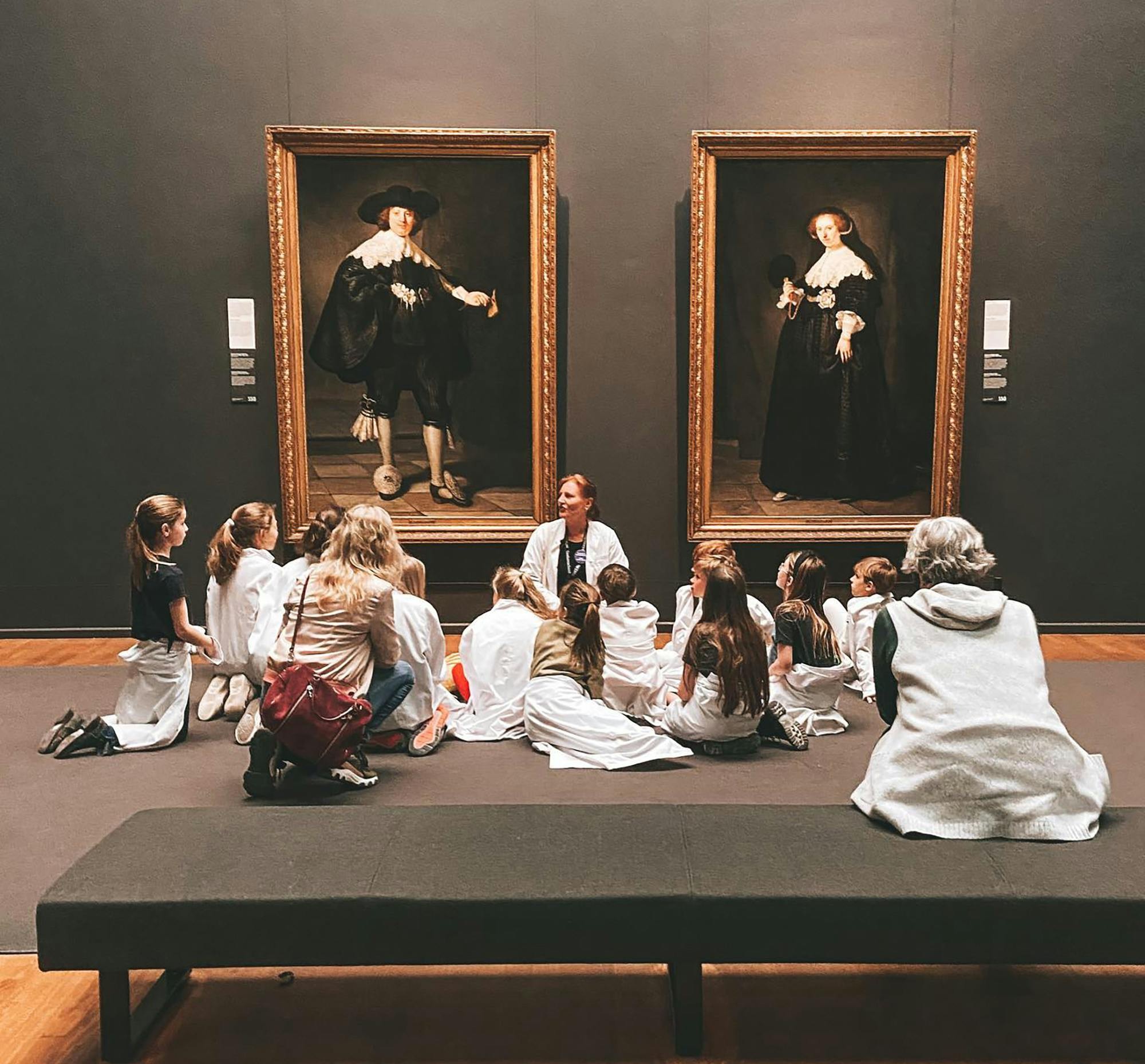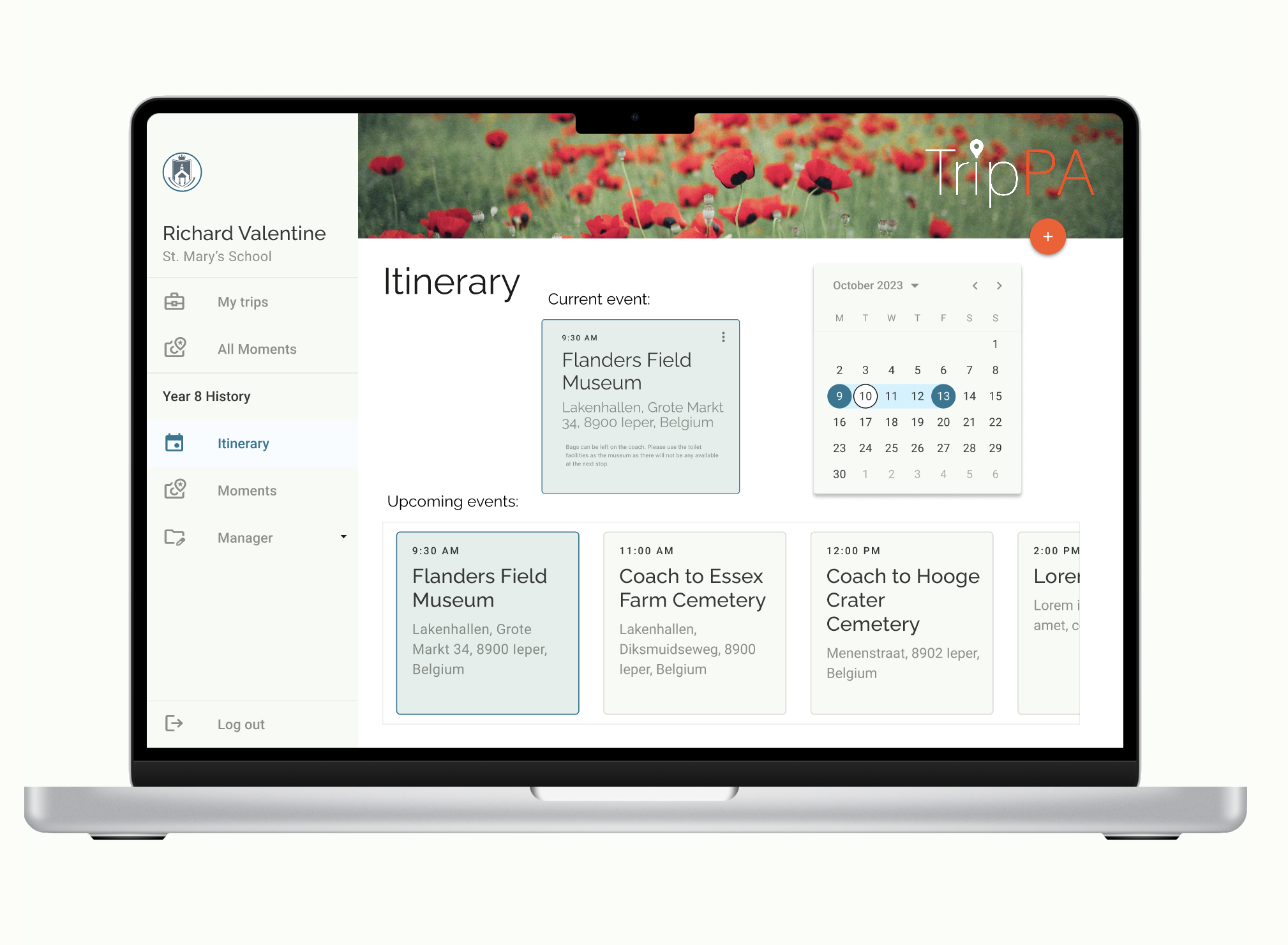This week, I heard about a parent’s disappointment when their child’s much-anticipated residential trip got unexpectedly cancelled. It’s a scenario that sheds light on the broader challenges schools face when organising educational outings. Whether it’s due to financial constraints, bureaucratic red tape, teacher workload, or teacher recruitment issues, addressing these issues is crucial to ensure that students continue to benefit from hands-on learning experiences.

Financial constraints:
A recent study by VoucherCodes.co.uk painted a concerning picture of the financial barriers preventing some parents from sending their children on school trips. It turns out that one in ten parents struggle to afford these trips due to rising costs and the overall cost of living. On average, parents spend around £125.17 per school trip per child, not to mention extras like spending money and packed lunches.
To tackle these financial barriers, schools can explore various strategies. From fundraising initiatives to seeking sponsorships from local businesses, there are creative ways to ease the burden on families. Offering scholarships or subsidies for low-income families ensures that all students have an equal opportunity to participate in these educational outings.

Bureaucratic red tape:
Navigating through bureaucratic hoops can feel like a marathon for teachers planning educational outings. Obtaining permissions and ensuring compliance with safety regulations often leads to delays and frustrations. Streamlining approval processes and proactively engaging with relevant authorities are necessary steps in overcoming these hurdles.
Schools can simplify the permission management process by establishing clear communication channels with parents and guardians. Providing detailed information about trip requirements, deadlines, and consent forms in advance can help minimise misunderstandings and streamline the approval process. Additionally, creating a checklist of necessary documents and deadlines can assist in staying organised and ensuring all necessary steps are completed in a timely manner. Repeating a trip year-on-year can also help avoid some of the stumbling blocks – if a trip has run successfully once, it’s unlikely to need too many drastic changes the following year.
Teacher workload:
Teacher workload is another significant challenge, with many educators feeling overwhelmed and, in some cases, leaving the profession altogether. To alleviate the burden on teachers, schools can implement measures to support collaborative planning and resource sharing among staff members. Establishing dedicated support staff or committees for trip planning can help distribute responsibilities and ensure that tasks are completed efficiently. To be clear, this requires more than just one school EVC, and rather a working party of teachers who keep documents updated, build relationships with tour operators/coach companies and provide one-to-one support to teachers throughout the trip planning process.
With TripPA, schools can streamline trip planning tasks by creating detailed itineraries, managing student lists for registers, and organising groups efficiently. By simplifying the planning process, TripPA helps ensure that every student has the chance to embark on these valuable learning adventures.

Teacher recruitment:
Teacher recruitment and retention are critical challenges within the education sector. The exodus of teachers from the profession can be attributed to various factors, including poor working conditions and low pay. The latest workforce survey by the Department for Education (DfE) found that 40,000 teachers resigned from state schools in the 2021-22 academic year – almost 9% of the teaching workforce, the highest number since data collection began in 2011. Addressing teacher retention should be a priority, with policy action needed to reduce teacher workload and increase the competitiveness of teacher pay. Efforts to attract new trainees through bursaries and support for new teachers at the beginning of their careers are steps in the right direction, but critically, the profession requires experienced teachers. After six years, many teachers reach a glass ceiling in their pay alongside continuously demanding workloads, and ultimately decide to find work in other industries.
In closing, navigating the educational landscape and overcoming trip planning challenges require teamwork and innovative solutions. By addressing financial constraints, bureaucratic red tape, teacher workload, and teacher recruitment issues, schools can ensure that all students have access to enriching educational experiences beyond the classroom, with the assistance of TripPA.




